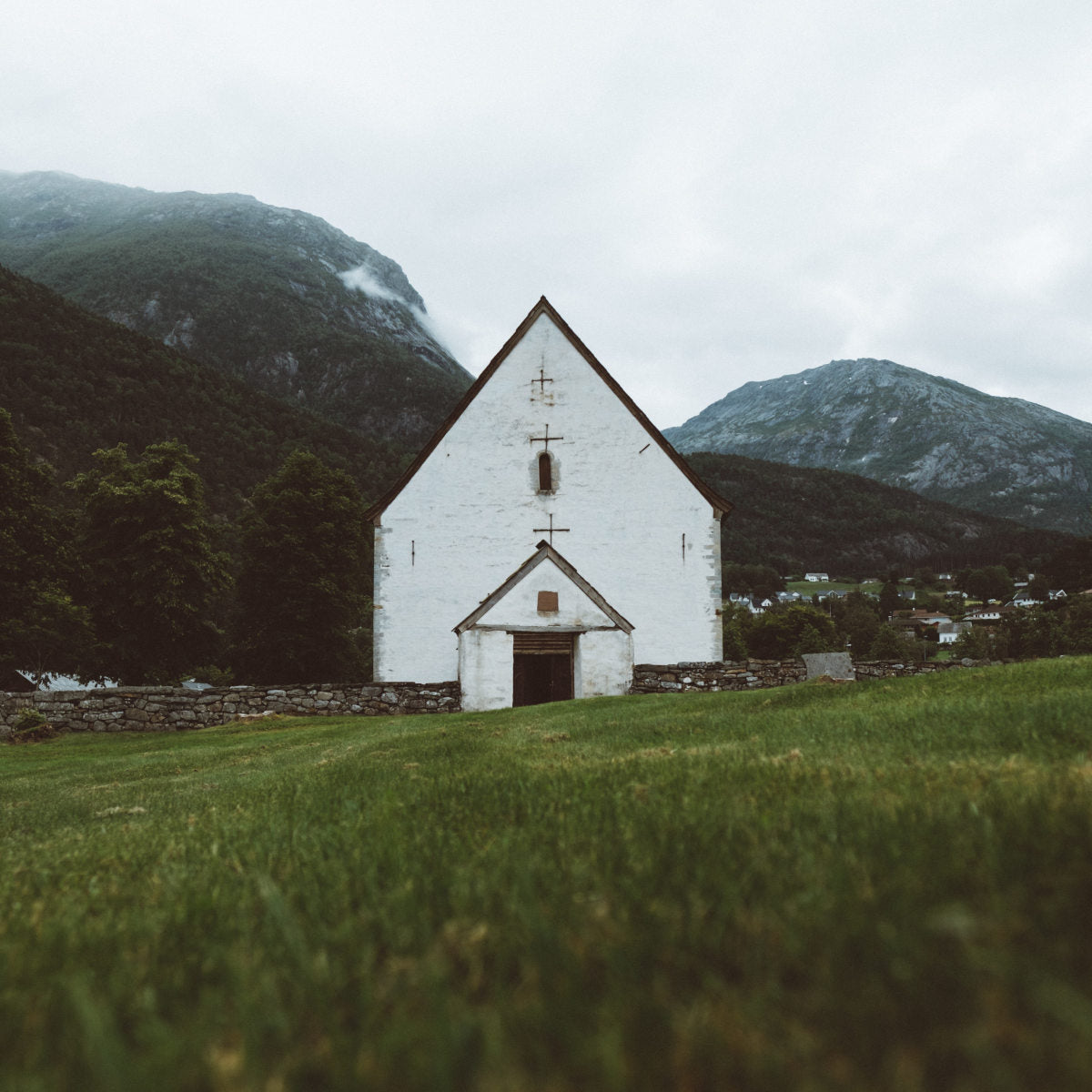3 minutes read
Introduction
In the old folk tradition there were different ways to do a vision quest. One way was to do certain preparations and follow guidelines during a walk. This way one could get sight of what could happen during the coming twelve months. Those who succeeded and completed the walk could get knowledge about harvest, love, death and health among other things. But this walk was not risk free but rather dangerous. This is called "year walk" or "årsgång" in Swedish.
What is årsgång?
In Swedish folk tradition a form of divination was done and this divination is called Årsgång. "År" translates to "year" and "gång" means "walk". So in English it would be "year walk" or "yearly round". Årsgång was a complex way to get sight of what could happen in the coming twelve months. Those who succeeded could see if the harvest will be good or bad, who will die, who will get married, get knowledge about war, sickness or other accidents. Some year walkers were on a special quest - to gain wisdom, to learn magic or find a magical object. But this walk was not risk free but rather dangerous. During a year walk, all kinds of supernatural beings (the church grim, ghosts and other beings) roamed and could be seen on the land. One of the more dangerous beings that could be seen was Gloson. Gloson is a large sow that has glowing eyes and razor sharp mane. She ran between the walkers legs and cut them in half. She could also catch the walker on her back and carry away the walker. A year walker could also experience comical events. But the year walker was forbidden from laughing or smiling, because if he did so, his mouth might be frozen in that position forever.
Where does it come from?
There are written records about this tradition from the 17th century and that it lasted until the first half of the 19th century. Most of the records are from southern Sweden but similar practices were common in the rest of Sweden and in other Nordic countries.
Divination in different forms has been practiced for very long. The old norse meditation form called "utiseta" (meaning "sitting out") that was performed during the iron age, has some similarities with årsgång. But with the christianization of northern europe utiseta was forbidden. In order to continue with this kind of vision quest it could be that the årsgång is a development from utiseta.
How do you actually do an årsgång?
The walk is usually performed alone during Midnight. In some cases one can walk together with one or two persons. The best time of the year to do a year walk was during Christmas Eve and New year's Eve. But it can take place on Trettondagsafton (Twelfth Night, on 5 January), Easter, Midsummer, Tomasmässonatten (on 21 December), Staffansnatten (on 26 December) or any Thursday night. The walk is performed by walking around (usually counter-clockwise) the objective and is repeated a certain number of times. The objective can be:
- A church
- A forest
- Crossroads
- A remote location far from other people.
To go on a year walk, one must make certain preparations and follow guidelines:
- One should be fasting, at least from the afternoon.
- Not look into any source of bright light or fire.
- Not talk about the walk to anyone.
- Not speak during the walk
- Not look back
- Not be scared, laugh or smile.
Conclusion
Year Walking involves heightened senses, which means that there may be obstacles on the way such as strange visions or close contact with creatures or other supernatural beings. If one succeeds the walk unharmed, one may know the answer to their question. But be aware that it is not always a good idea to go on a year walk. It can be dangerous.

